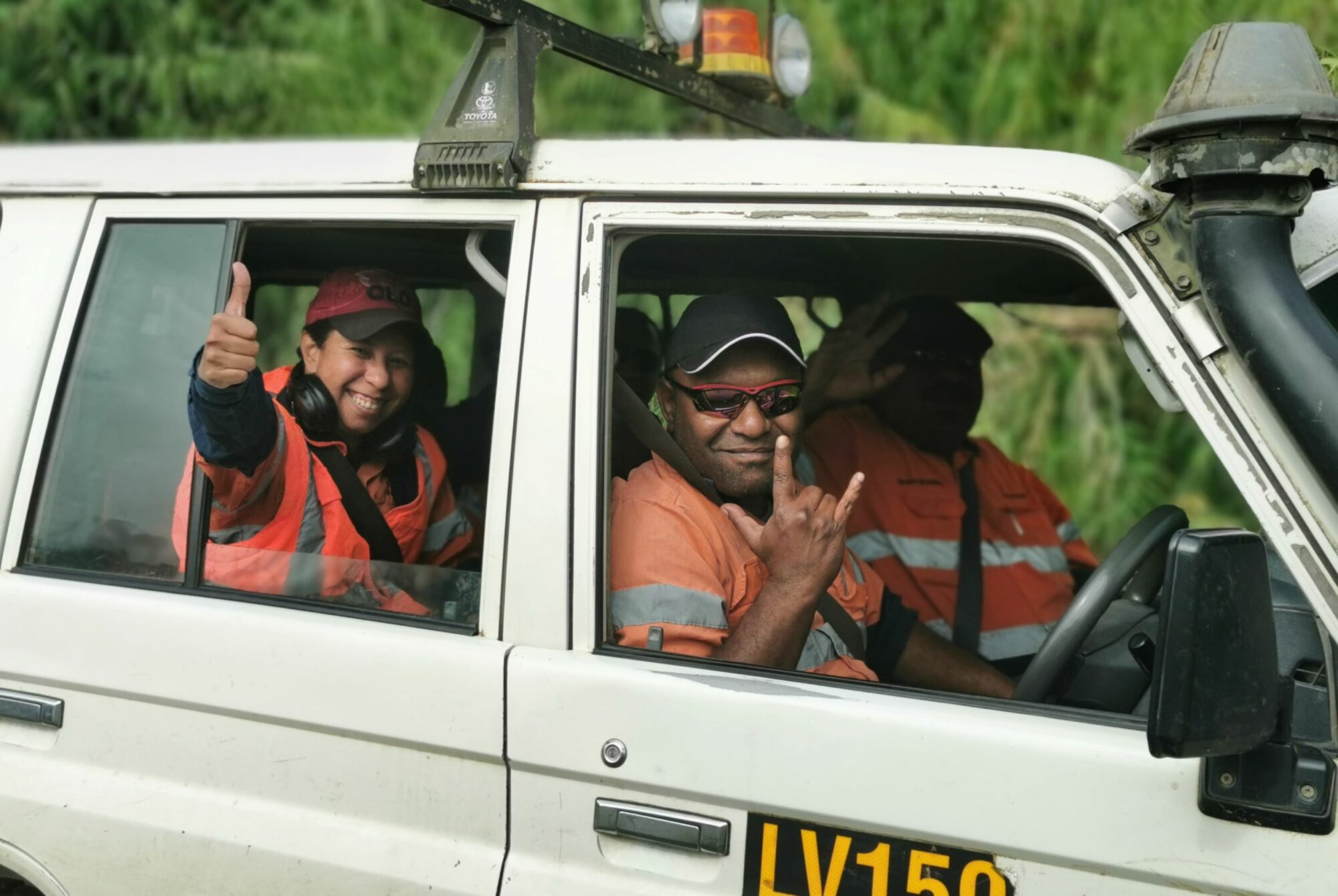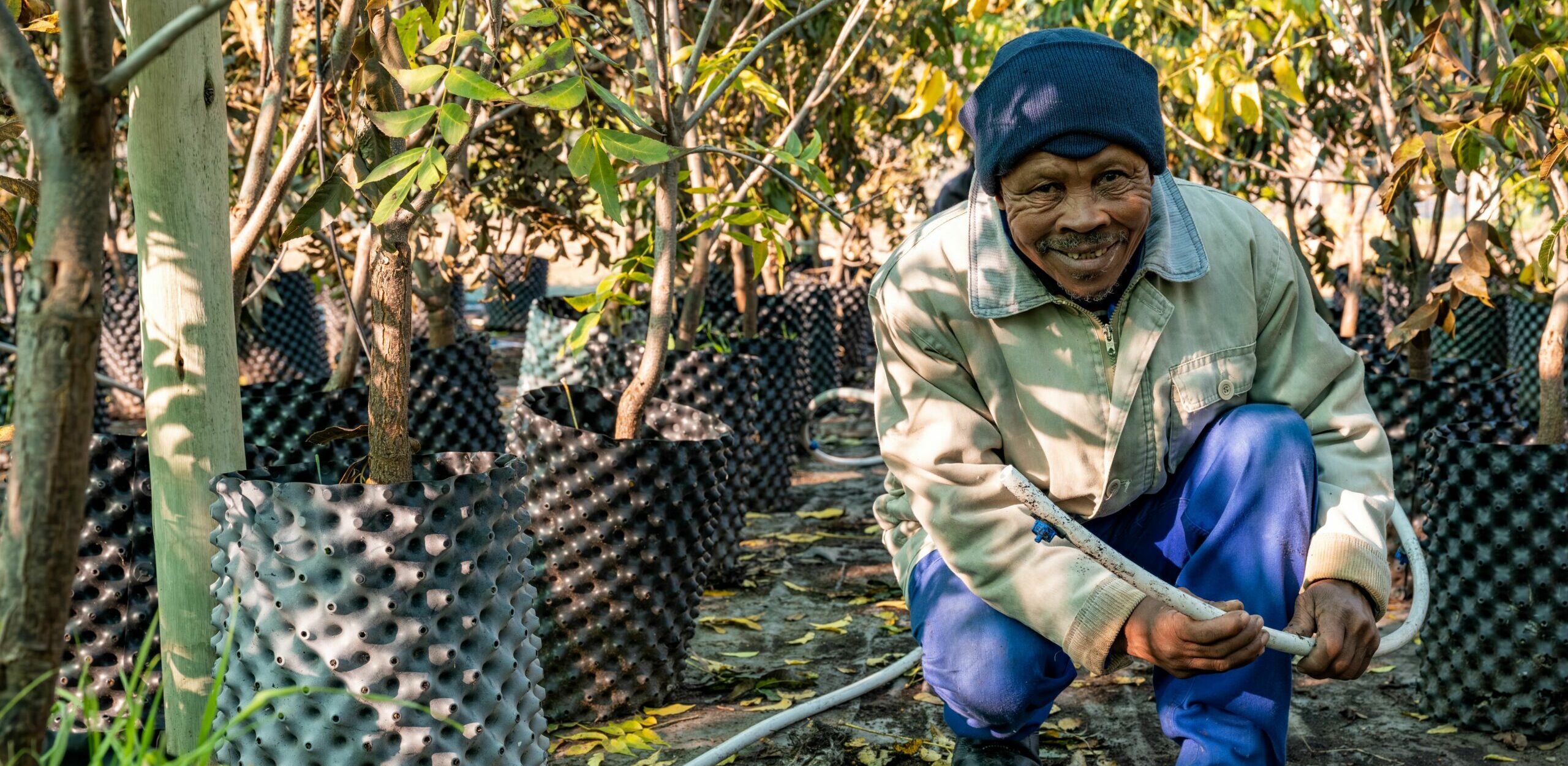Gender-based biases, workplace bullying and sexual harassment survey

Harmony is committed to ensuring a culture of gender diversity, equity and inclusion as well as creating awareness and contributing to shifts in communities and society.
Harmony senior leadership is committed to gender inclusion and recognise that they set the tone for our values and expectations regarding gender diversity, equity and inclusion. However we recognise that the global mining industry is characterised by male domination, discrimination and under representation of women at various levels and that gender based violence is a serious challenge in South African and South-east Asian communities.
The first phase of this Harmony-wide initiative was to understand our culture from a gender perspective, to identify whether employees experience any forms of gender-based biases, bullying, including sexual harassment, or any other forms of gender-based violence. The initiative further aimed to understand whether the policies and interventions being implemented in Harmony are well understood and making an impact. The analysis phase was made up of the following steps:
- Communication of our intent to perform a dip stick analysis
- Design and implement both manual and online quantitative questionnaires designed specifically for South Africa and South-east Asia (dipstick surveys were completed with specific questions for our two different regional contexts)
- Perform focus groups and individual interviews to verify findings and unpack context
- Provide feedback of the findings to all employees
- Involve senior leadership to draw up action plans for implementation based on recommendations coming out of the analysis.
This phase was conducted by an external, professional service provider. We managed to get feedback from over 2 500 participants (7% of the workforce) in South Africa and 200 participants (15% of the workforce) in South-east Asia. This was then followed up in South Africa with focus groups and interviews that impacted 366 Harmonites.
Key findings
- Nearly 80% of participants surveyed believe there’s strong trust in leadership and their teams and high knowledge of sexual harassment related policies and practices
- There is still some negativity towards women in the workplace whereby a belief is held that women are treated preferentially to men
- Recommendations were made for improving working conditions for women, particularly for improvements of underground infrastructure
- Similarly at Hidden Valley with its related remote working conditions, infrastructure improvements are also required for women in particular.
Implementation of recommendations
Our interventions are focused on creating a more conducive working environment for women, both underground and also at our camps where remote working is required. The emphasis is on providing facilities that maximise human dignity for our female employees. We continue with our diversity awareness initiatives and related training interventions across the organisation to ensure that we root out discrimination, improper perceptions and biases.
Findings have also re-emphasised the importance of our continued and enhanced focus on recruiting women into key positions at all levels of the organisation while we continue to monitor all gender-based bullying, sexual harassment and gender based violence cases and reports. Policies and practices aimed at addressing issues of gender based biases, bullying and sexual harassment have been reviewed and updated and are currently in a final draft ready for adoption.
Maintaining a steadfast commitment to gender inclusivity in the workplace is both a moral and strategic imperative for Harmony. By fostering an environment where all voices are heard, talents are nurtured, and opportunities are equal, we can tap into a diverse array of perspectives and talents, driving innovation, and ultimately, sustainable success in today’s dynamic and interconnected world.
